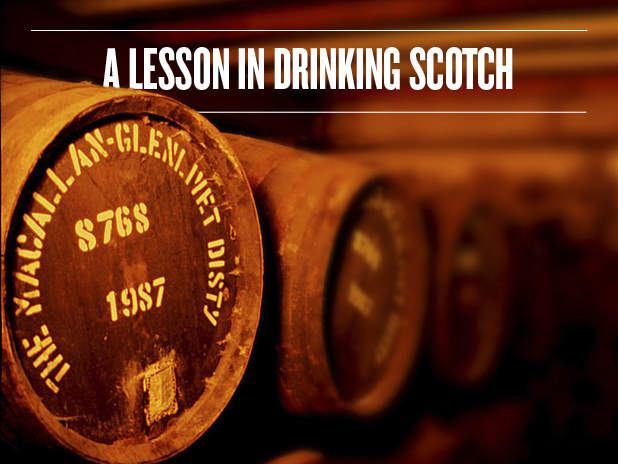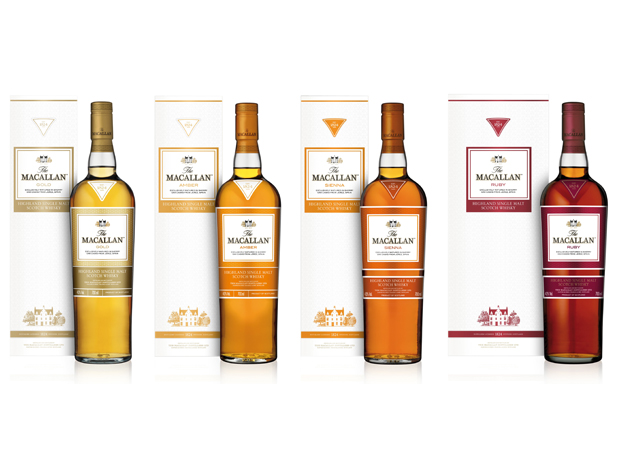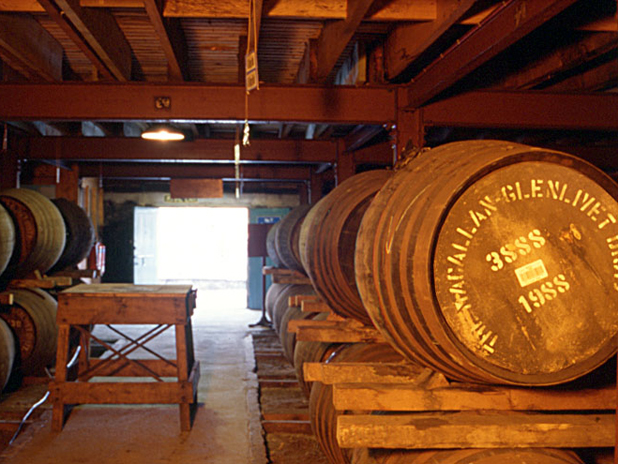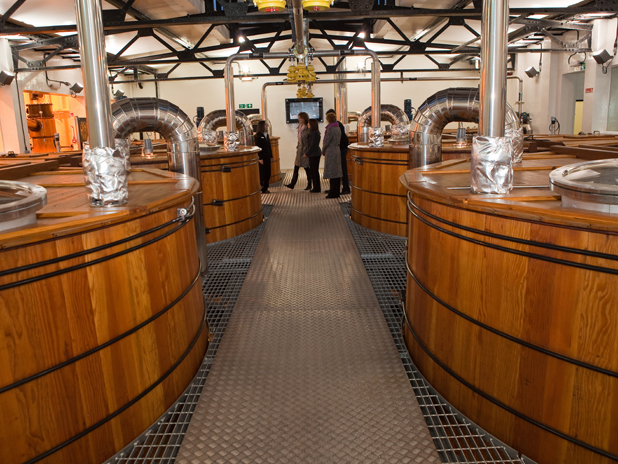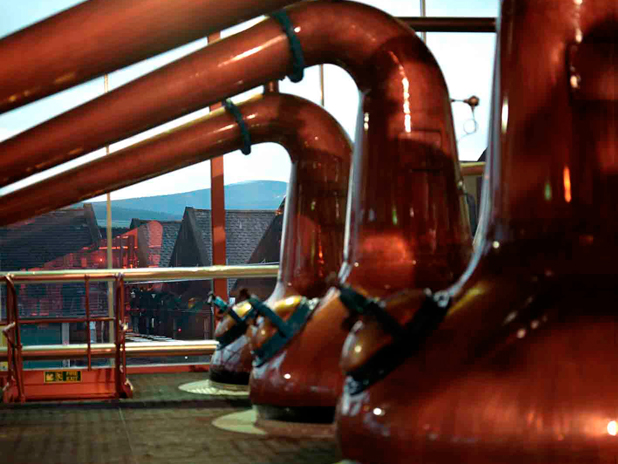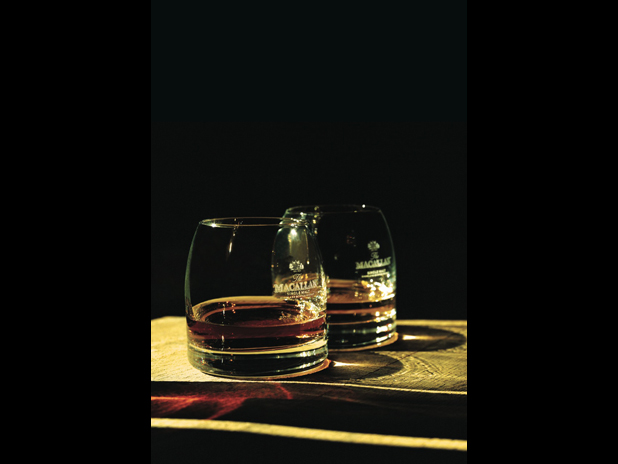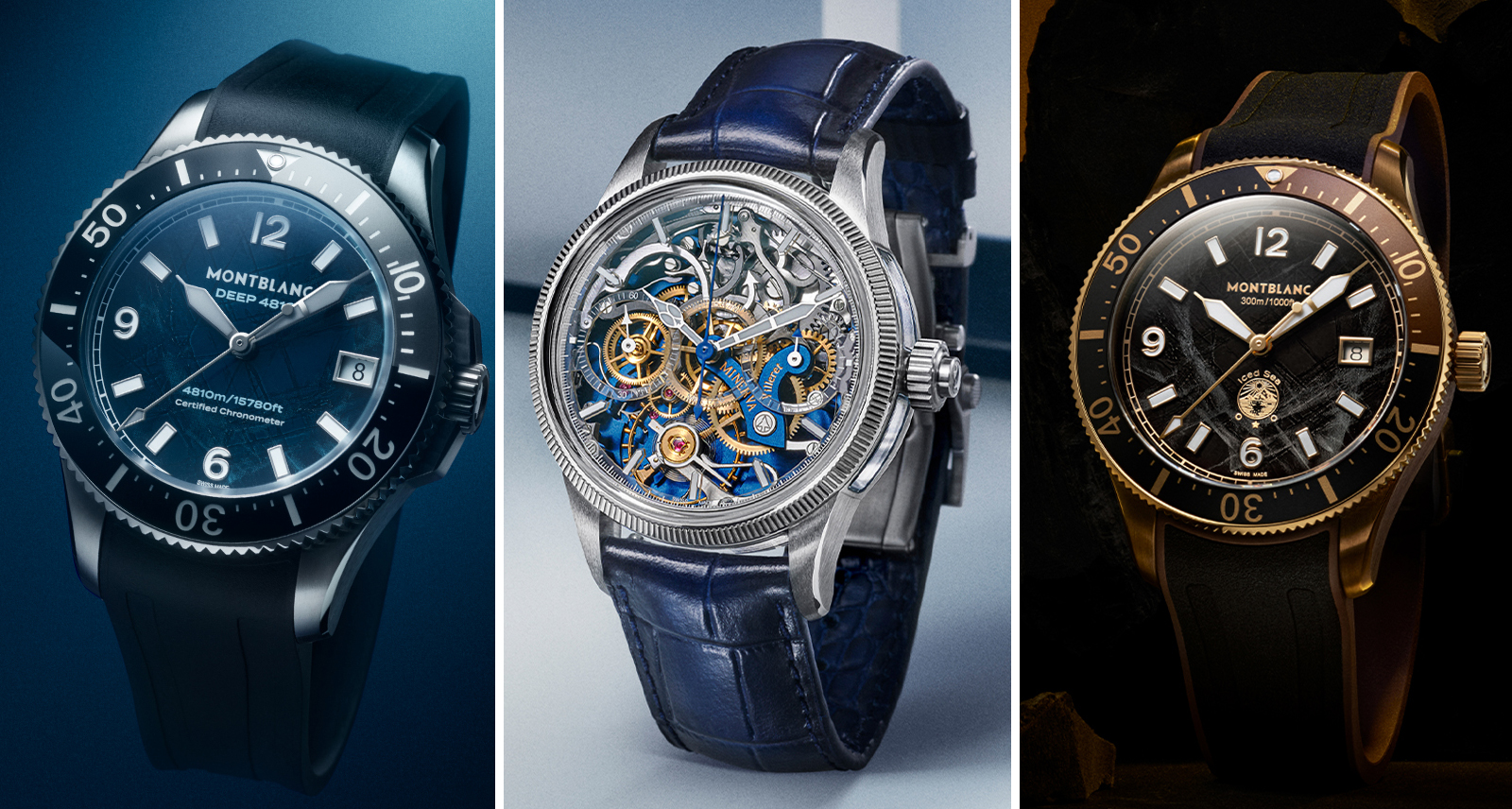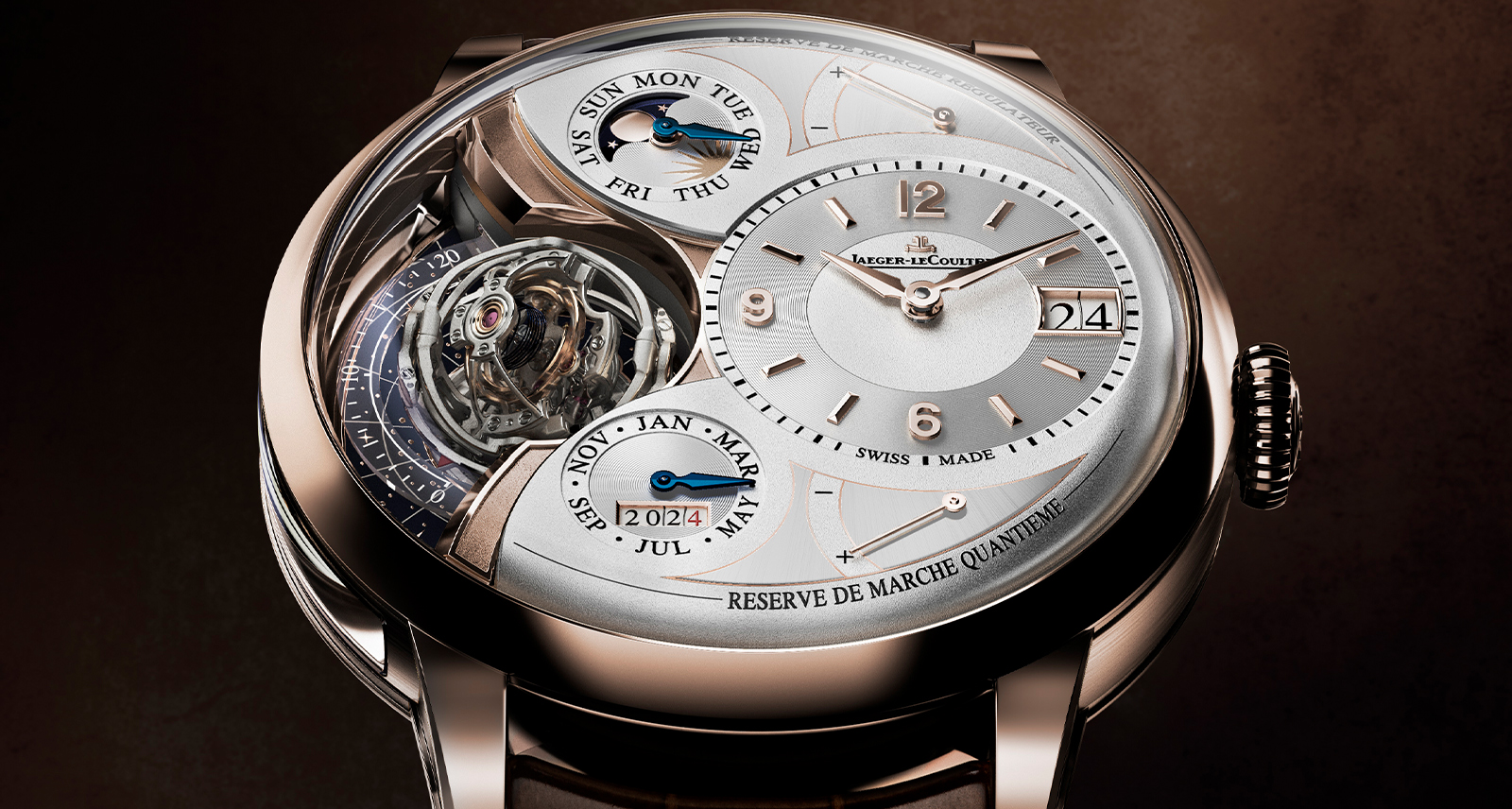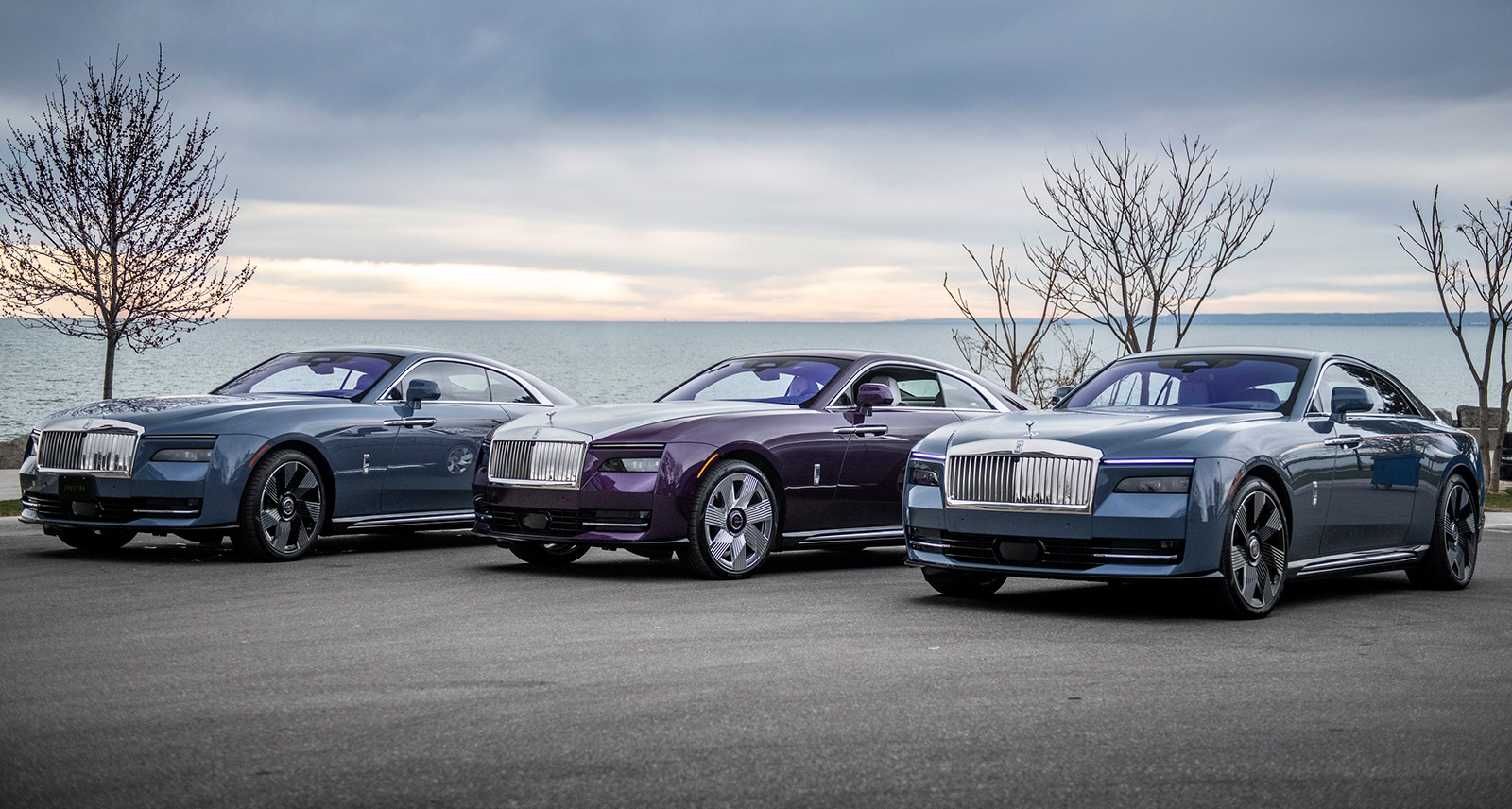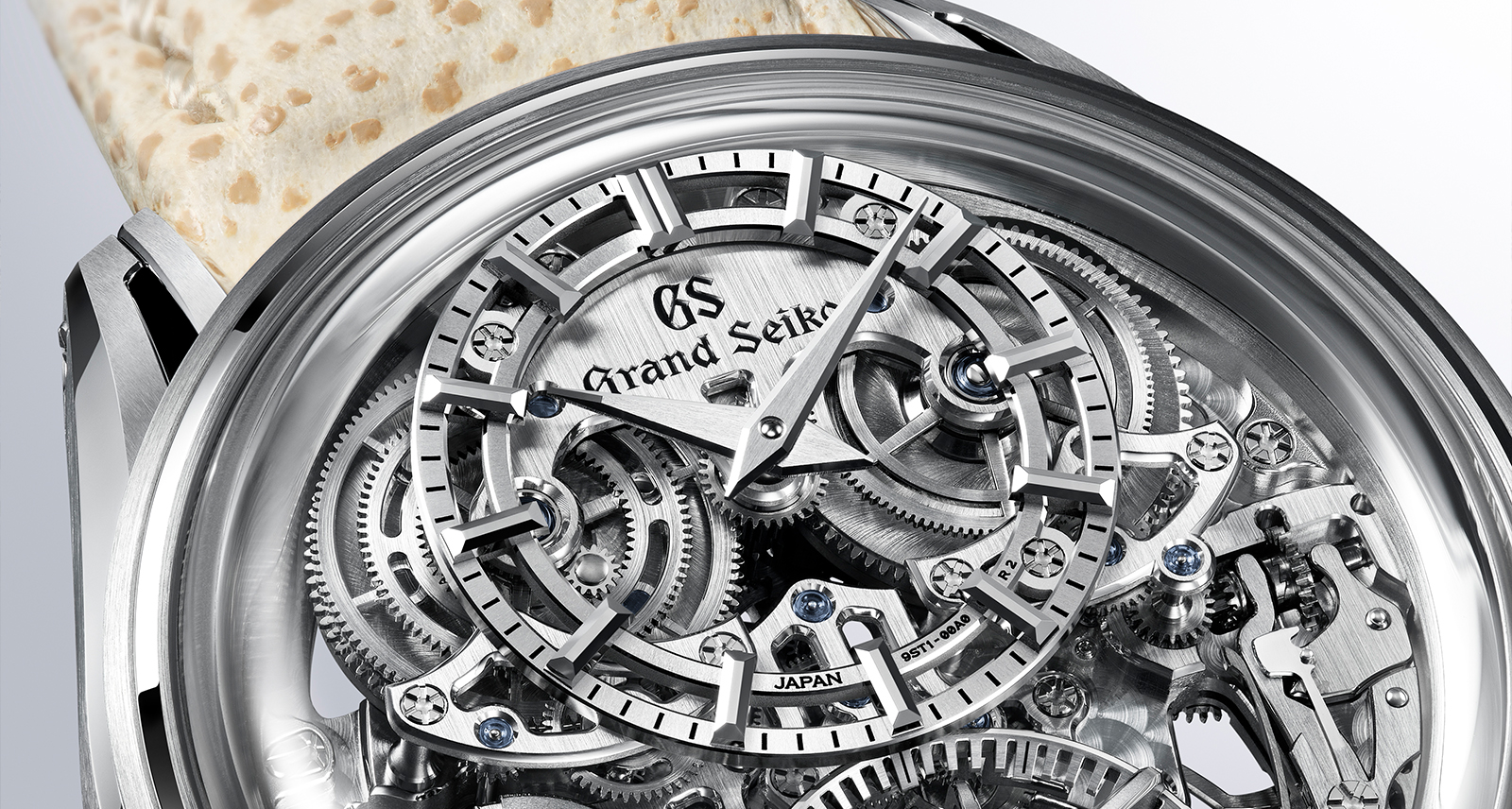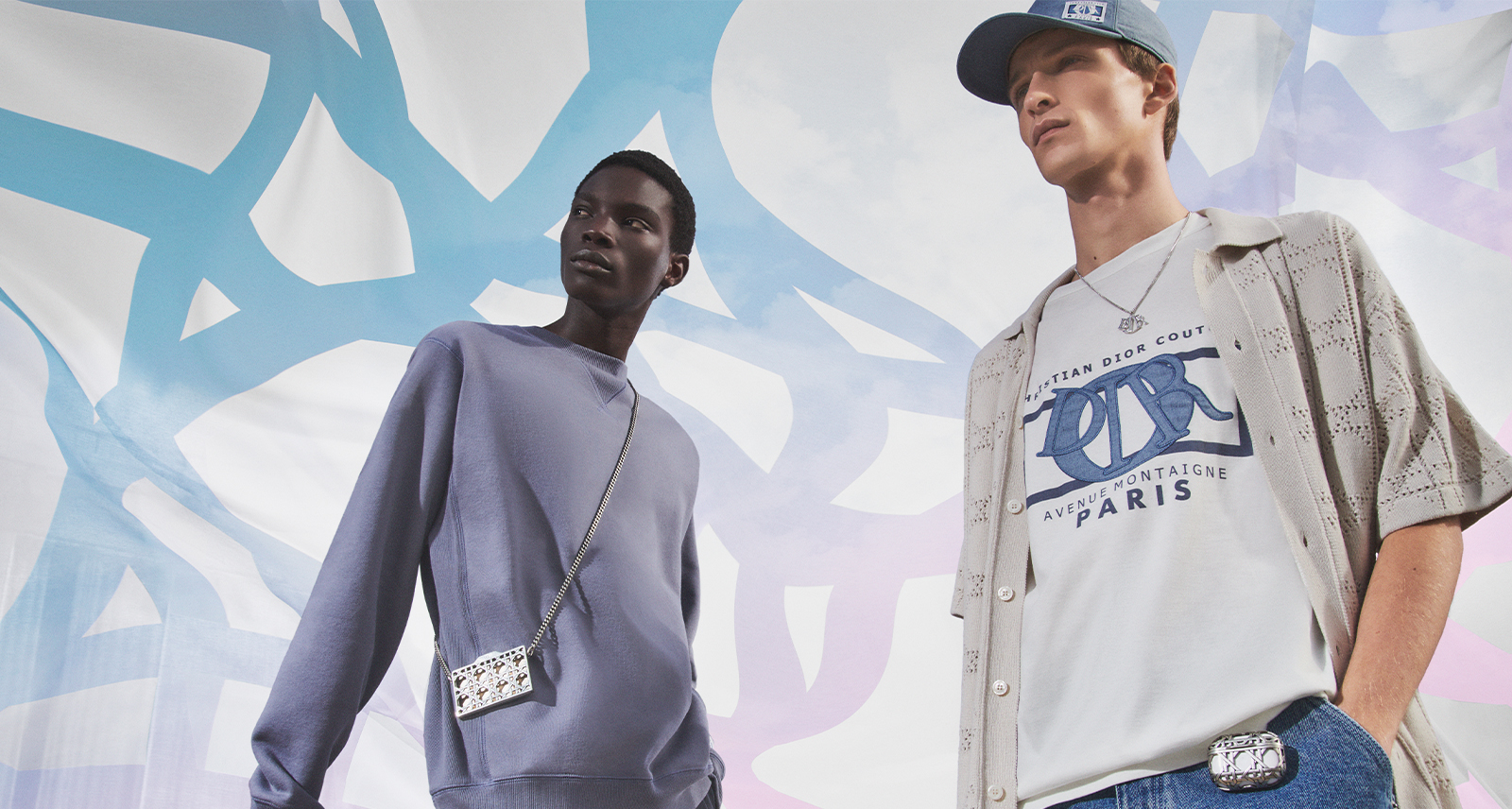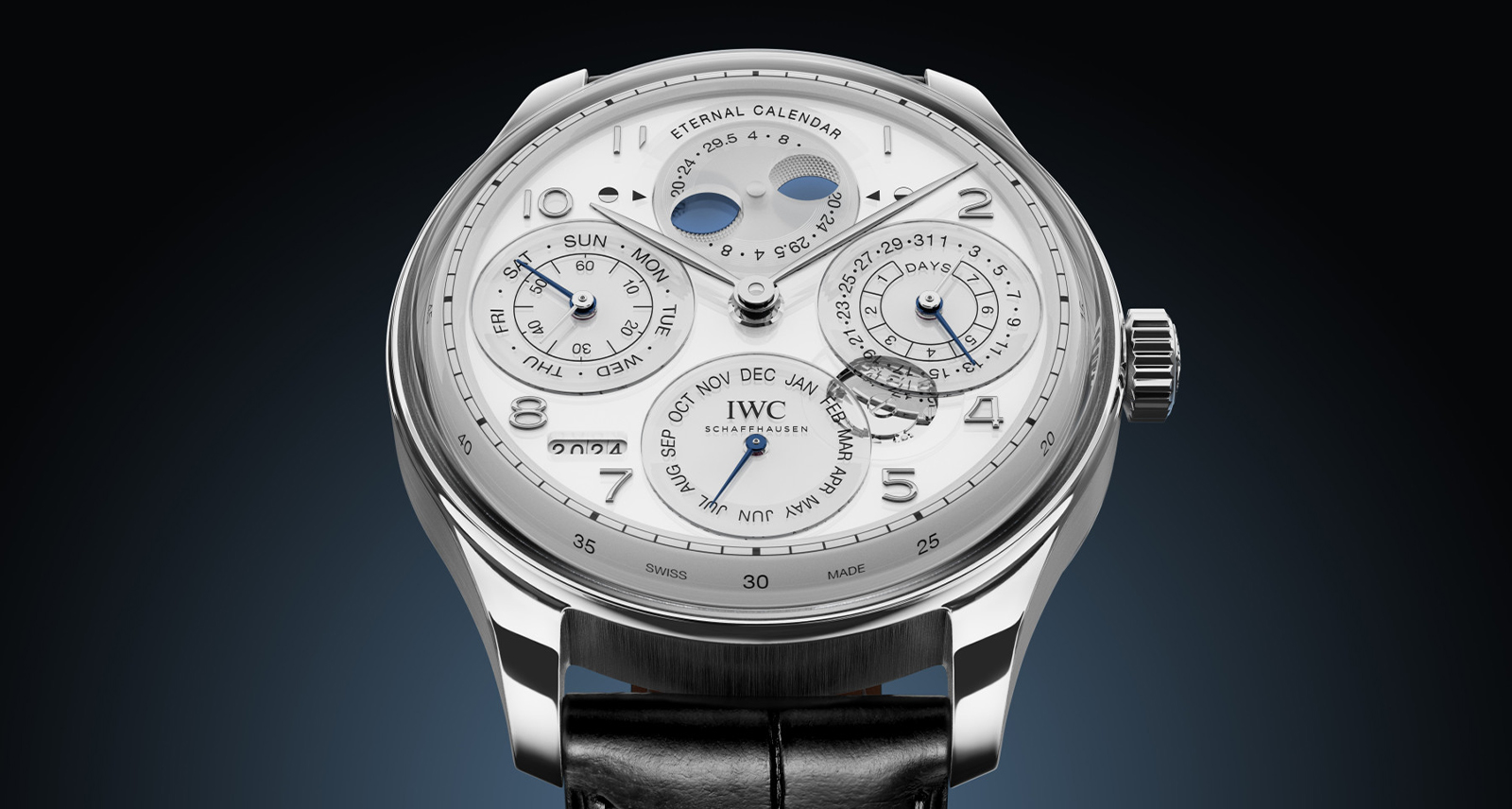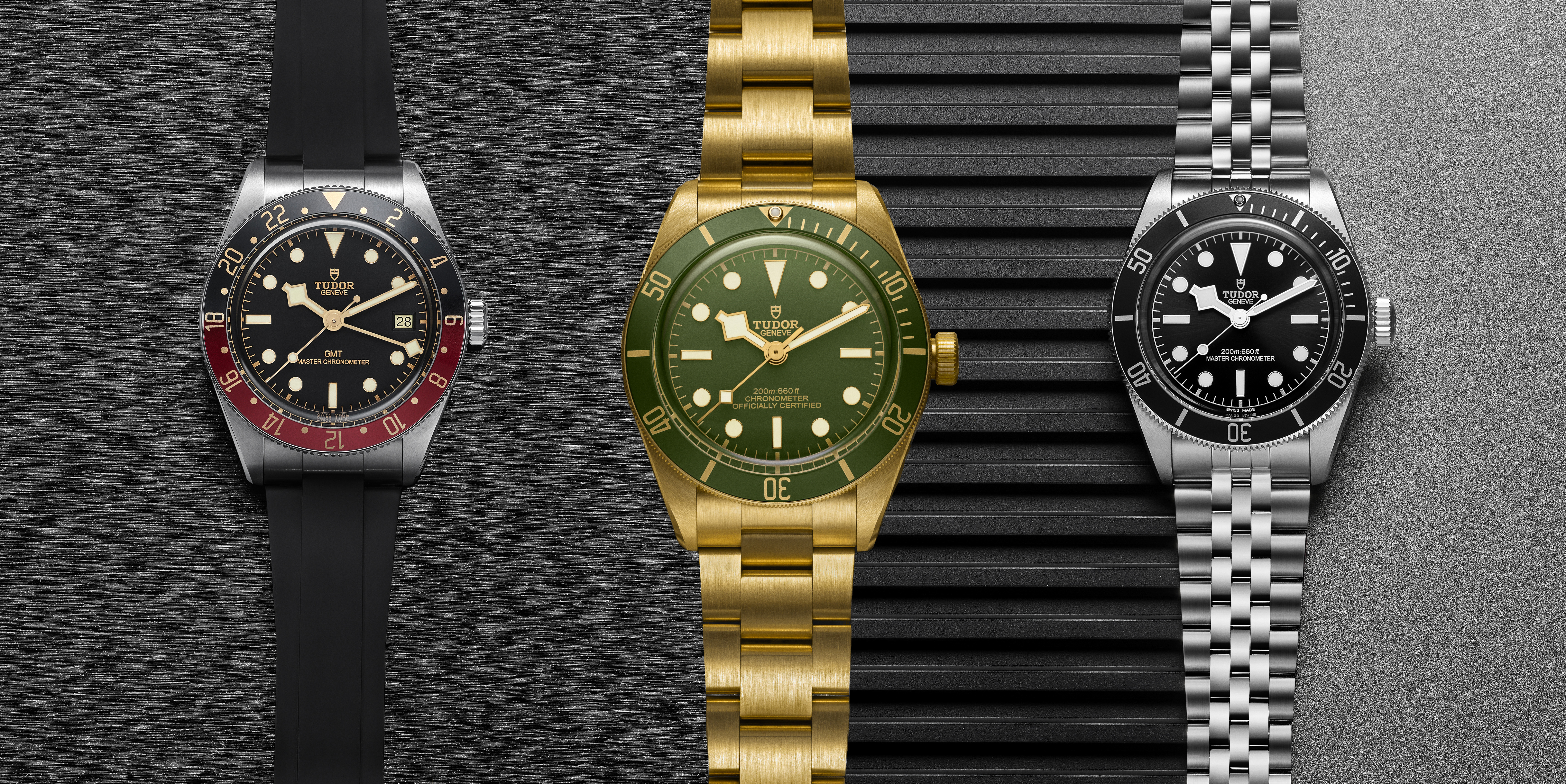A Lesson In Drinking Scotch
You can do a lot to make your bar look better, like buying the latest silver/pewter/gold accoutrements or organizing your bottles on a trendy vintage cart, but a bar is really only as strong as its top shelf.
On most, the apex bottle is a whisky. A Scotch whisky. No spirit speaks as loud as Scotch does.
Why do we treat Scotch with such respect? Well, it’s earned it, dammit! Centuries of history and tradition are instilled in the spirit. Its palate is diverse and powerful, attracting a certain type of consumer.
We chatted with Dan Volway, brand ambassador for the Macallan, Highland Park and Famous Grouse to get some expert advice on how best enjoy Scotland’s gift to the world.
